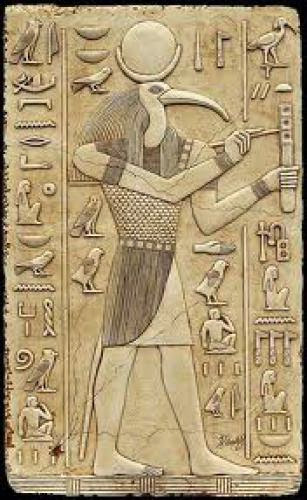
Diana Butler Bass writes that in her conversations with Mainline, liberal, Progressive Protestants, a group of Christians that value education and have "little patience for faith without reason," there is disquiet about religious experience. Though I have to say from my own experience that there is equal disquiet about Scripture, so that Reason might be given greater pre-eminence. Perhaps, as Diana suggests the reason for this is that religious experience is often coupled in the minds of many with Pentecostalism (Christianity after Religion, pp. 120-121). Having been a Pentecostal, I understand some of the reticence, but is it necessary?
Is it possible for us to hear the voice of God in the midst of our experiences of life and the Spirit?
Perhaps the most famous declaration of this possibility was offered by St. Augustine in his "Confessions:"Thou hast prompted him, that he should delight to praise thee, for thou hast made us for thyself and restless is our heart until it comes to rest in thee.As I read Augustine's statement it seems to me that this need to be in relationship with God is innate. It's part of who we are, and we continually seek to find that connection. As Augustine writes his Confessions he continually points to ways in which we seek to satisfy this longing. Too often we fill it with things other than God, and this eventuates into disastrous results for our lives.
We see this not only in Augustine, but in the words of the Psalmist:
1 Just like a deer that craves
streams of water,
my whole being craves you, God.
2 My whole being thirsts for God,
for the living God.
When will I come and see God's face?
3 My tears have been my food
both day and night,
as people constantly questioned me, "Where's your God now?" (Ps. 42:1-3 CEB) As I ponder the words of Augustine and the Psalmist, I wonder if this may be what Friedrich Schleiermacher had in mind when he defined true religion as "feelings of absolute dependence upon God." Religion is at least in part subjective. It may have an objective reference point, but we approach that reference point as a subject as one who experiences God.
To look at this issue historically, one need only look to the origins of Pietism during the seventeenth century. Pietism developed because orthodox Christianity had become rigid and rationalistic. Concern for preciseness had sucked all the life out of Christian faith. As a result, the Pietists emphasized personal faith in God. They emphasized the need for relationship with God and with one another. Philip Spener's masterpiece, Pia Desideria, or "Heartfelt desire for a God-pleasing Reform" spoke directly to this need. He continually stressed the need for the people of God to move beyond the external aspects of faith to an actual living out of that faith.
[T]he people must have impressed upon them and must accustom themselves to believing that it is by no means enough to have knowledge of the Christian faith, for Christianity consists rather of practice. [Philip Jacob Spener, Pia Desideria, (Philadelphia: Fortress Press, 1964), 95.]
Although Pietism has been critiqued as being overly inwardly focused, and thus having no real concern for the real world, Spener understood that a faith that has no heart is a faith that has now real worth. It can say the right things and perhaps do the right things, but will it last? Will it transform lives, and with that transform worlds?


















